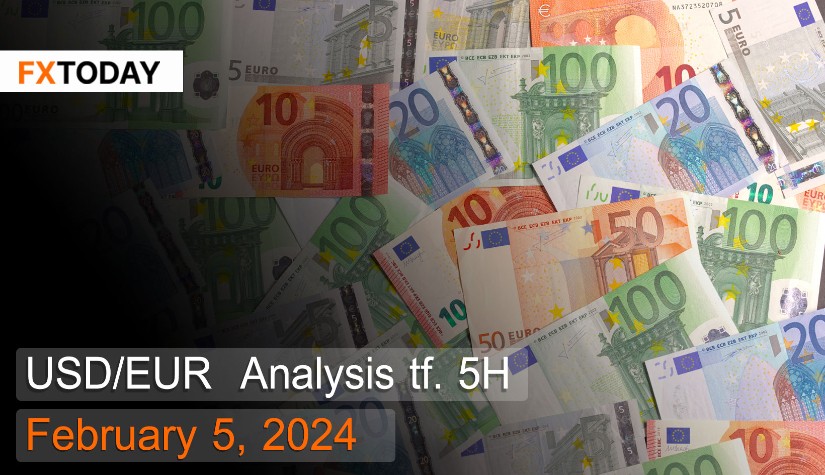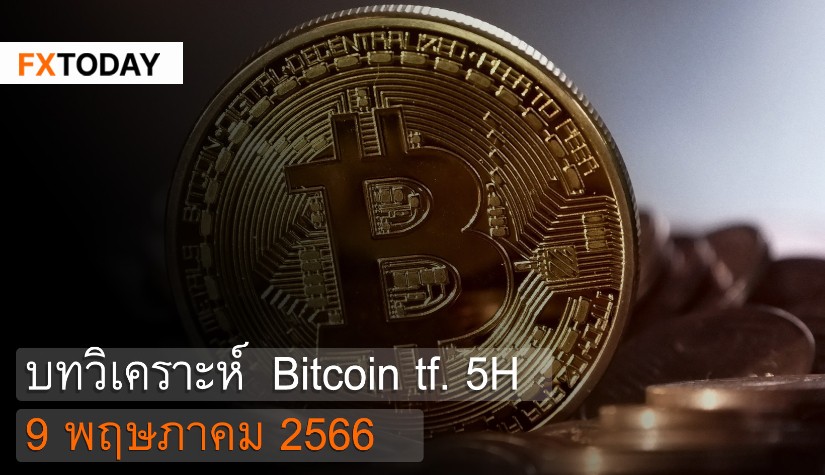Europe’s economy is starting to slow down.
The euro has weakened to around 0.93 euros per US dollar amidst the strengthening of the dollar due to strong US employment reports last Friday and caution from the European Central Bank regarding potential interest rate cuts, according to remarks from ECB's Rome Powell. Meanwhile, investors expect the European Central Bank to take additional time before considering monetary policy easing, despite weak economic data being released.
The inflation rate in the Eurozone decreased to 2.8% on a yearly basis in January from 2.9% in the previous month. Meanwhile, the core inflation rate, which excludes food and energy prices, continued to decline steadily at 3.3%. The decreasing inflation rate was impacted by a significant drop in energy prices by 6.3%, while food and beverage prices decreased by 5.7%.
Moreover, the latest reports reveal that producer price inflation in the Eurozone intensified in December, with exports from Germany falling more than expected due to global weaknesses. Additionally, the Ifo Institute stated that declining manufacturing orders are becoming a major concern for the European economy, leading investors to anticipate a 125 basis point interest rate cut from the ECB by the end of the year.
Industrial producer prices in the Eurozone fell by 10.6% on a yearly basis in December, with energy prices dropping by 27.5%, while the cost of production for various goods decreased by 4.9%, down from 5.1% previously. Furthermore, the slowing down of inflation for capital goods indicates that the production of various goods is beginning to use reduced costs, which may lead to further decreases in inflation in the future.
Consumer confidence in the Eurozone decreased by 1 point from the previous month to -16.1 in January, reflecting consumer concerns about financial expenditures in their daily lives, leading to a decrease in their ability to make major purchases. Additionally, consumers have slightly reduced expectations regarding the overall economic situation in the country, as there are still not many positive economic indicators.
Bank lending to households in the Eurozone increased by 0.3% on a yearly basis, reaching 6.86 trillion euros in December. This is considered the slowest growth rate since 2015. The slowdown in lending indicates a significant economic slowdown in the last month of 2023 due to the stringent monetary policy of the European Central Bank. Moreover, lending to companies increased by only 0.4%.
Techical analysis data (5H)
Resistance: 0.9314, 0.9326, 0.9347
Source: Investing.com
Buy/Long 1: If the price touches support in the price range of 0.926 - 0.9281 but cannot break the support at 0.9281, you may set a TP at approximately 0.9326 and SL at around 0.9249 or according to your acceptable risk.
Buy/Long 2: If the price breaks the resistance in the price range of 0.9314 - 0.9326, you may set a TP at approximately 0.9347 and SL at around 0.926 or according to your acceptable risk.
Sell/Short 1: If the price touches resistance in the price range of 0.9314 - 0.9326 but cannot break the resistance at 0.9314, you may set a TP at approximately 0.926 and SL at around 0.9347 or according to your acceptable risk.
Sell/Short 2: If the price breaks the support in the price range of 0.926 - 0.9281, you may set a TP at approximately 0.9249 and SL at around 0.9326 or according to your acceptable risk.
Pivot point February 5, 2024 08:33 PM. GMT+7
|
Name
|
S3
|
S2
|
S1
|
Pivot Points
|
R1
|
R2
|
R3
|
| Classic | 0.9249 | 0.926 | 0.9281 | 0.9293 | 0.9314 | 0.9326 | 0.9347 |
| Fibonacci | 0.926 | 0.9273 | 0.928 | 0.9293 | 0.9306 | 0.9313 | 0.9326 |
| Camarilla | 0.9294 | 0.9297 | 0.93 | 0.9293 | 0.9306 | 0.9309 | 0.9312 |
| Woodie's | 0.9253 | 0.9262 | 0.9285 | 0.9295 | 0.9318 | 0.9328 | 0.9351 |
| DeMark's | - | - | 0.9287 | 0.9296 | 0.932 | - | - |
















